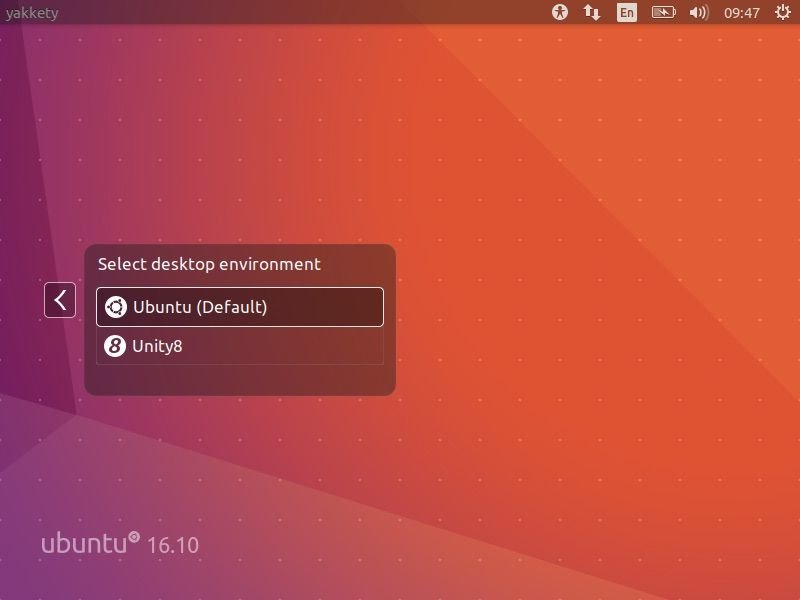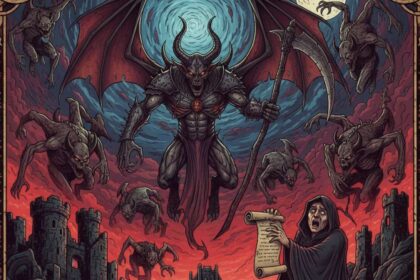
Recently Mark Shuttleworth announced a sharp turn towards the development of Ubuntu. The management decided to return to GNOME as the main desktop shell. Plus, the investment in the development of the Unity 8 shell is stopped, which was positioned as a version of Ubuntu for smartphones and tablets. In addition, the company will no longer work on the mode of convergence, which provides the ability to transfer mobile devices to desktop mode. The version of Ubuntu 18.04 LTS will be equipped with GNOME. Together with Unity 8 and convergence in the past, the Mir display server remains.
The reason for the changes, according to Shuttleworth, is not at all a problem with Unity 8. The shell turned out to be excellent. The problem is that the work of Canonical is largely determined by the dynamics of the market and the opinion of the community. And just the community did not greet the new products of the company very favorably. Unity 8, Ubuntu Touch and Convergence are regarded, basically, as a fragmentation of Ubuntu. In general, Canonical commercial partners were not very interested in novelties, preferring a bird in the hand to a crane in the sky.
Immediately after Shuttleworth made his statement, several communities appeared that are planning to continue work on Unity 8 and Ubuntu Touch. The most notable of these became unity8.org, the UBports project and others.
The developers who worked on the Unity 8 project will be the first to cut it – they simply do not have much to work with. Some valuable employees will have the opportunity to switch to other projects. In particular, Canonical is going to strengthen such areas as cloud technologies and Internet of things. Accordingly, the company will increase the number of employees engaged in projects with the appropriate focus.
The decision on the cuts was insisted by investors who felt that Canonical employees had more than required. Up to a certain point, Shuttleworth also invested in the company’s projects related to the development of Unity 8. But now he decided to fully switch to financing using external investments. Canonical will become more like a commercial company than before.
“Our choice is aimed at investing those spheres that allow the company to grow. This is Ubuntu itself, both for desktops, servers and virtual machines, as well as our products related to the cloud infrastructure (OpenStack and Kuberbetes), plus additional cloud products (MAAS, LXD, Juju, BootStack), IoT and Ubuntu Core. They all have communities, users, profits and growth, making up an independent, excellent company with the ability to grow, “Shuttleworth said.









